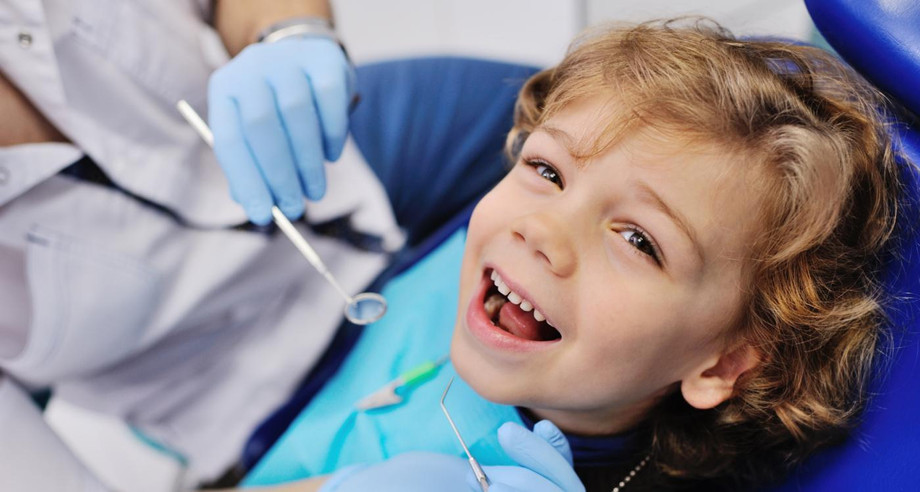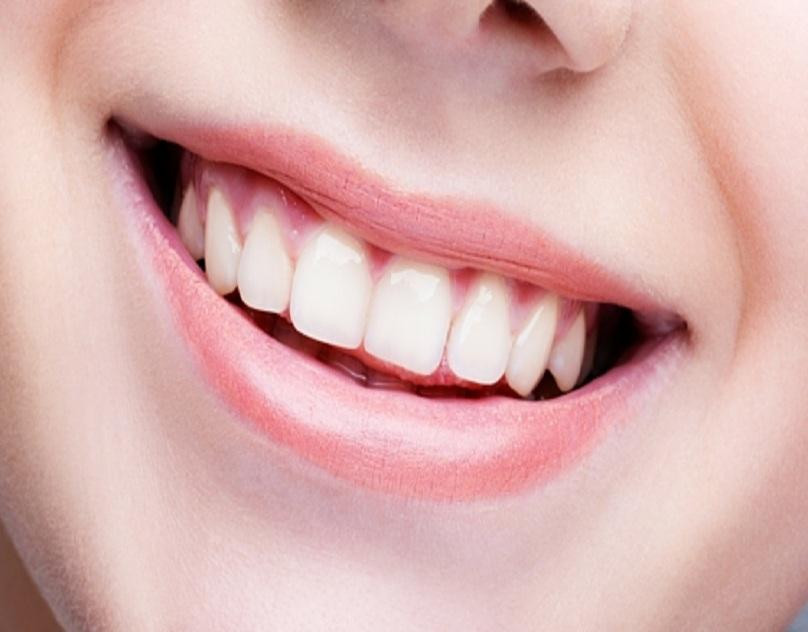The necessity of wisdom teeth removal, also known as wisdom teeth extraction or third molar extraction, varies depending on several factors: the presence of decay in your wisdom teeth, crowding in your mouth, and the nature of your bite. If you need to have your wisdom teeth removed, it’s important to know what to expect from this process and the time commitment necessary afterwards so that you can plan accordingly. This article will explain everything you need to know about wisdom teeth removal for adults.
Why Do Wisdom Teeth Need to be Removed?
Wisdom teeth, those last four molars at the back of your mouth, may or may not need to be removed. It’s best to have them evaluated by a dentist or oral surgeon for possible removal. The best time for wisdom teeth removal is before they erupt into your mouth—the second molars usually appear during your late teens or early twenties. However, if you have had orthodontic work (braces) or are missing some teeth on either side of where your wisdom teeth should erupt, it’s important to talk with an oral health professional about what can be done.
How Much Does Wisdom Tooth Removal Cost?
Wisdom teeth can pose a lot of trouble for patients, but there are several things you can do to make sure they don’t end up causing more harm than good. Depending on how severe your situation is, wisdom tooth removal aftercare might be necessary. Here at our dental office in Orlando, FL, we know wisdom teeth extraction can be confusing, and we want to help you through it all. We have put together a helpful guide to answer any questions you may have about what to expect from your wisdom teeth removal surgery (or extraction) and how it will affect your overall health. Keep reading to find out everything you need to know about getting rid of these annoying molars once and for all! How Much Does Wisdom Tooth Removal Cost?
What are the Dangers of Leaving Your Wisdom Teeth in Place?
Wisdom teeth, which emerge in your late teens or early twenties, are often viewed as an unnecessary risk. That’s because many people don’t have enough room in their mouths for all of their wisdom teeth. If wisdom teeth become impacted (meaning they can’t fully emerge due to lack of space), they can lead to pain and infection. Without proper removal, abscesses may form; these abscesses can cause serious infection and require emergency treatment with antibiotics. Other potential issues include chronic sinus infections and inability to properly chew food. Overall, it’s a good idea to get wisdom teeth removed when you have them taken out.
The Procedure for Removing Wisdom Teeth in Adults
To Wisdom Teeth Removal Aftercare, your dentist will typically use local anesthesia. You'll then be given a muscle relaxant. The procedure takes about an hour. In many cases, you can go home afterward; in others, you might need to stay overnight in a hospital or dental facility. There's also some variation between how individual dentists and oral surgeons perform extractions—in short, it depends on your situation. So if you've recently had a tooth removed as an adult, don't be surprised if things don't match up with what we've described here exactly.
Recovery from Wisdom Tooth Extraction Surgery
Some wisdom teeth extraction procedures are easier than others. If you’re an adult and not used to taking care of yourself, it can be a bit scary. Thankfully, there are some steps you can take to make sure your recovery goes smoothly. Here’s how to handle recovery from wisdom tooth extractions as an adult
Best Foods After Wisdom Tooth Extraction Surgery
After you have wisdom teeth removed, your dentist will likely recommend a few precautions to follow to reduce swelling and discomfort. For example, you’ll need to maintain adequate hydration with plenty of fluids and avoid chewing on anything hard or solid for several days following your surgery. Maintaining a healthy diet can also help reduce post-extraction pain and swelling. To help get you started, here are some tips on healing after wisdom teeth extraction


Comments